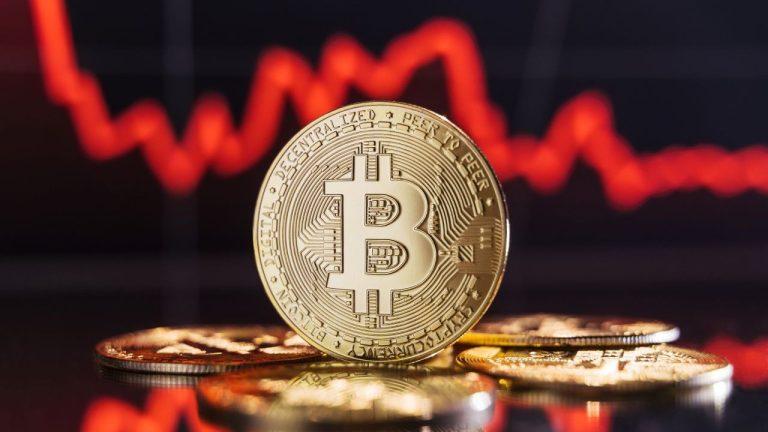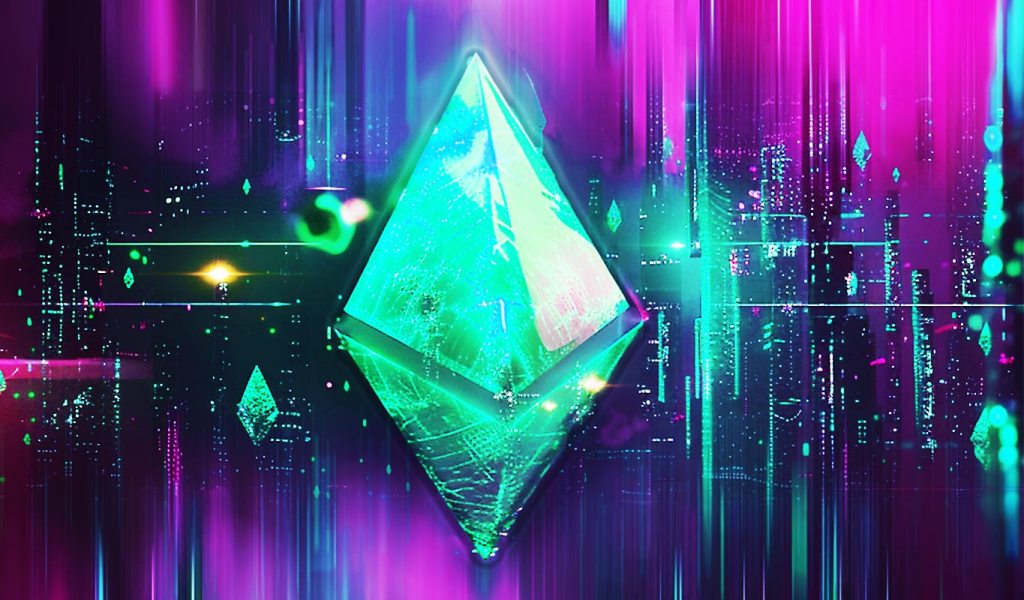
Critics who have a problem with volatile gas prices — on Ethereum or elsewhere — have the wrong vision for the future of crypto.
Much of the historical debate around Ethereum (ETH) has been around whether its gas fees are too high. This year, its fees have become exceedingly low, in part thanks to rollups — except during the Aug. 4-5 crash, when they were disproportionately elevated. So which is it?
The surprising answer is that everything worked as intended. Periodic spikes are how you’d expect a wholesale market to behave during peak demand. Those who point to these developments as problematic have the wrong vision for the future of crypto.
Backing up, the modular scaling philosophy is based on the idea that blockchain’s aren’t networks that process activity, they are the purveyors of a scarce asset called secure block space. Like any other scarce asset (such as land, oil or electricity), secure block space is continuously auctioned off to the highest bidder, and the winner is whoever needs it most. This will likely be either a whale or a wholesale buyer, such as a layer-2.










